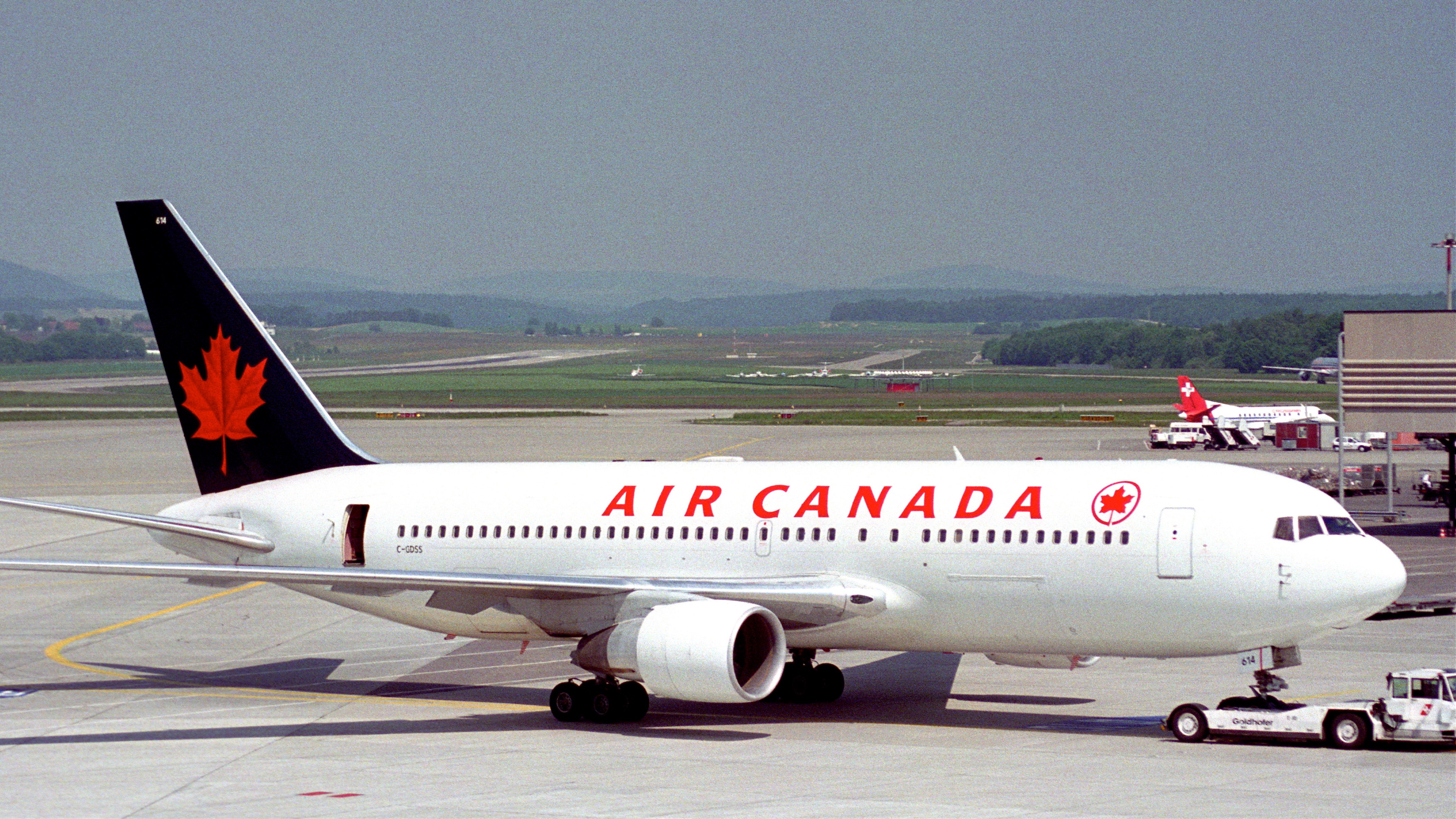On Friday, Canada’s largest airline Air Canada (TSX:AC)(TSX:AC.B) announced improvements in the company’s quarterly profit on a year-over-year basis, improving last year’s $179 million loss (which included a $91 million charge related to the company’s pension commitments) to a gain of $8 million during this past quarter this year. The company also announced higher operating margins year over year, posting a 3.5% operating margin from 0.5% last year, growing the company’s passenger base by nearly 10% and reducing the cost per passenger by 1.3%.
The fundamental numbers represent continued strength from many of the operational changes made by Air Canada’s management team, which has turned around the ship, or airplane, quite nicely in recent years. Since nosediving below $1 per share as recently as 2012, Air Canada has moved from the brink of bankruptcy to become one of the premier airlines globally, adding on routes and expanding service, while reducing operating costs at a time when global airlines are struggling to gain efficiencies.
A number of analysts have pointed to the fact that while, on the basis of many fundamental metrics, Air Canada appears to be cheap, the reality that the airline will need to start paying taxes moving forward is a headwind which will affect net bottom-line profitability in the years to come. That being said, on a price-to-EBITDAR basis, Air Canada remains very attractively priced when compared to its Canadian and American peers, and I expect this gap to continue to narrow, providing much more upside on a valuation basis alone.
In this bull market, which has seen valuation multiples climb, looking for companies that have not seen the valuation multiple advance as quickly as others is one way to remain fiscally conservative in investing. By choosing stocks that remain perpetually out of favour, when the time comes for the market to re-evaluate the merits of the underlying operations of such companies, periods of cyclical increases can send stock prices soaring over a period of years, as we have seen with Air Canada.
While the company’s long-term outlook may not be as outwardly attractive as its competitors, given large pension obligations, union-related concerns, and long-term capital requirements, on a relative basis, Air Canada is a company I think investors looking for exposure to the airline sector need to consider at current levels.
While stiff competition remains in the Canadian airline sector from rivals such as WestJet Airlines Ltd., Air Canada is a company I expect will continue to do well for investors in the long term.
Stay Foolish, my friends.








